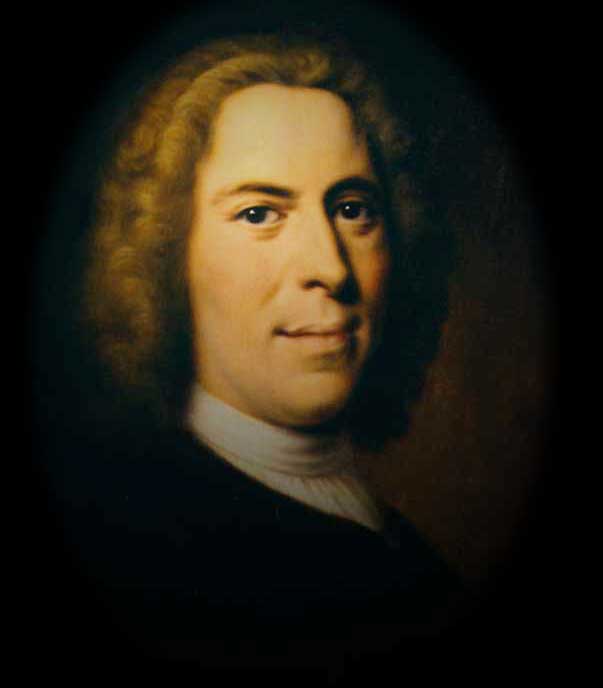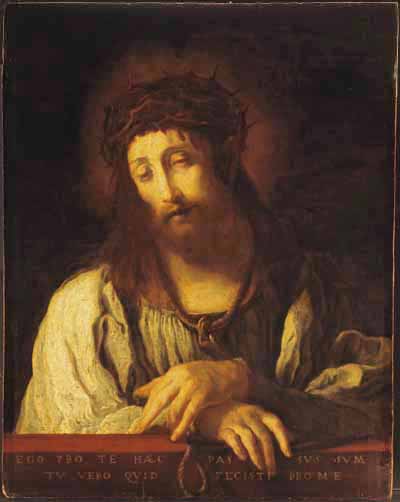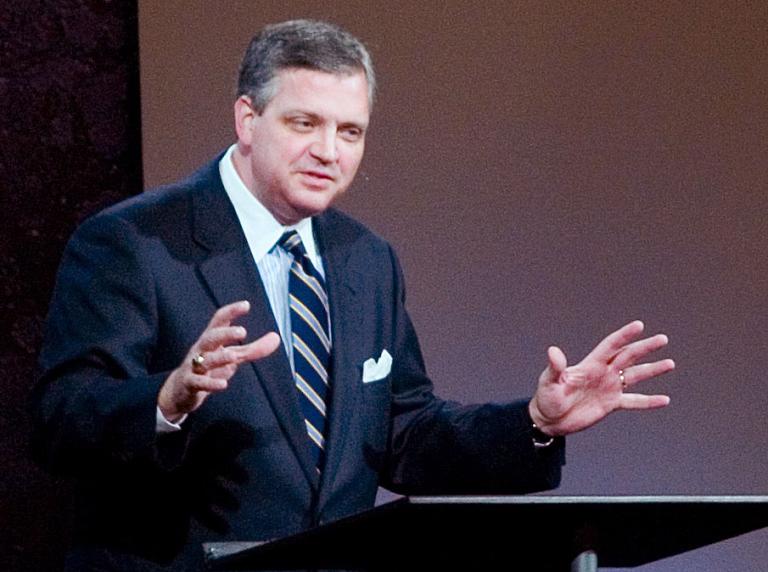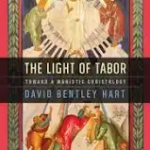Some people vote for a candidate because “he is one of us.” Other people vote for a candidate because “he can do something for me.”
Coppins quotes insider Michael Cohen who said that after President Trump met with a group of evangelical pastors, who prayed for him and laid hands on him, he said, ““Can you believe that bulls**t?” Coppins also reports on other aides detailing how the president mocks the TV preachers of the Prosperity Gospel who have been among his biggest supporters while expressing admiration for their “scams.”
So how should Christian supporters of Trump react to this? Some may deny the reports, seeing them as more “fake news” designed to hurt Trump’s re-election prospects. After all, this new article reads like a sequel to the Atlantic’s recent possibly-dubious report that Trump also mocks those who have served in the military, including those who gave their lives for their country.
On the other hand, Trump’s ignorance of Christianity and lack of Christian conviction is no secret, as confirmed by the president’s own words. The Atlantic article doesn’t even go into Trump’s public statements about Christianity, such as his saying that he doesn’t need to ask God for forgiveness because he is such a good person. Cobbins cites a recording of a meeting with religious leaders in which the president says that he doesn’t know the Bible very well and makes a joke about Vice President Pence asking him to pray, something, he says, that “I’m not used to.”
My sense is that Trump’s lack of Christianity and any disdain he may have for religious people will not matter to most of his Christian supporters.
In his response to the Atlantic article, National Review‘s Michael Brendan Dougherty, a Catholic, says, in the words of his title, Disdain Is a Small Price.
First of all, he points out that many conservative Christians, including evangelicals, also hold the preachers of the Prosperity Gospel in derision and consider them to be “hustlers.” More importantly, he says, Christians who support Trump do so not because he is one of them, but for “transactional” reasons. That is, he supports their issues–opposing abortion, strengthening religious liberty, etc.–and in return they will vote for him.
Dougherty’s article suggests a distinction that can be applied to politics more broadly. Today, “identity politics” is in vogue. Joe Biden picked Kamala Harris as his running mate in the hopes that she will attract women voters and black voters. He tries to win back the blue collar vote by stressing his low-income Scranton roots. And yet, Biden himself won the Democratic primaries because of “transactional politics.” Black Democrats on the whole voted against the candidates of their race, including Harris, and instead voted for Biden, who has a long record of supporting their cause.
There is also an “identity politics” that is not so much about race as it is class and personality. Trump’s most zealous supporters are not evangelicals but members of the white working class, which is our least religious demographic and which feels aggrieved about their economic plight and the condescension of America’s elite. They don’t mind that Trump is rich, though the recent reports about his financial problems will probably make him even more endearing to these voters. They can relate to Trump’s rages and iconoclastic behavior. He comes across as one of them.
Others, though, support Biden for transactional reasons–because they are concerned about health care or the environment or simply want an alternative to Trump–so his “identity” as an elderly white man or personal attacks against him do not really matter. Likewise, transactional Trump voters are mainly concerned about pro-life issues, immigration, conservative judges, and the like, so that the president’s character doesn’t enter it so much, and personal attacks against him do not really register.
Evangelical Christians used to follow identity politics. The key to changing America for the better, they used to say, was putting more Christians into office and electing individuals of “Godly character.” That was the determining factor when they rallied around Jimmy Carter and George W. Bush. But while their favored candidates might have been “born again,” they did not necessarily do too much regarding abortion or other issues the evangelicals were concerned with.
So now they have a president who is not really Christian or “Godly,” and yet he has come through for them in significant, concrete ways on abortion, religious liberty, and culture war issues (except for homosexuality and same-sex marriage, which Trump supports). It makes sense for conservative Christians to be “transactional.” By that reasoning, they are not betraying their faith or their moral convictions when they vote for a non-Christian or a sinner, as long as the non-Christian sinner gives them what they want.
So would there be any way for a transactional voter to turn against a candidate who seems to be on their side? If the candidate turned against their issues or pursued them ineffectively, certainly. Conservative pundit Ann Coulter, author of In Trump We Trust, turned against Trump largely because he is not anti-immigration enough. Ronald Reagan probably changed the mind of some transactional voters by raising the question, “Are you better off today than you were four years ago?” Is the church–or the conservative movement or civil liberties or the family or the stature of America or the pro-life movement or whatever transaction you want to make–better off today than it was four years ago? Opinions may vary. But the answer to those kinds of questions will determine how transactional voters, including evangelicals and other conservative Christians, will cast their votes.
UPDATE: Though there is nothing wrong with voting to advance your interests, I should stress that one of those interests for a Christian with the vocation of citizenship is to love and serve one’s neighbor. Thus transactional voting should consider what is good for the country, fellow citizens, and the “least of these” (Matthew 25:31-46). Opinions will sometimes vary about what this entails. But love of neighbor should be a motivation in our citizenship, as in all of our vocations.
Image by mohamed Hassan from Pixabay



















